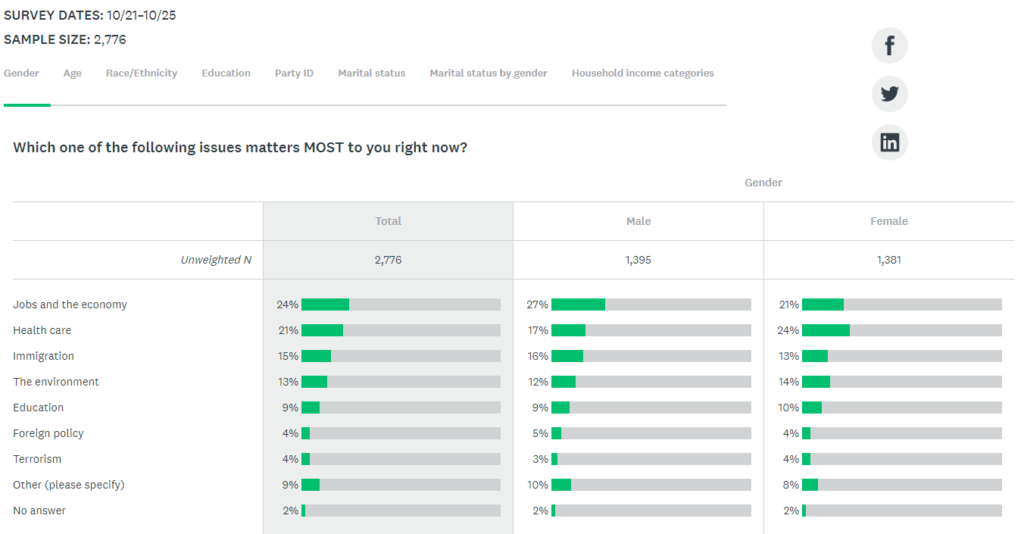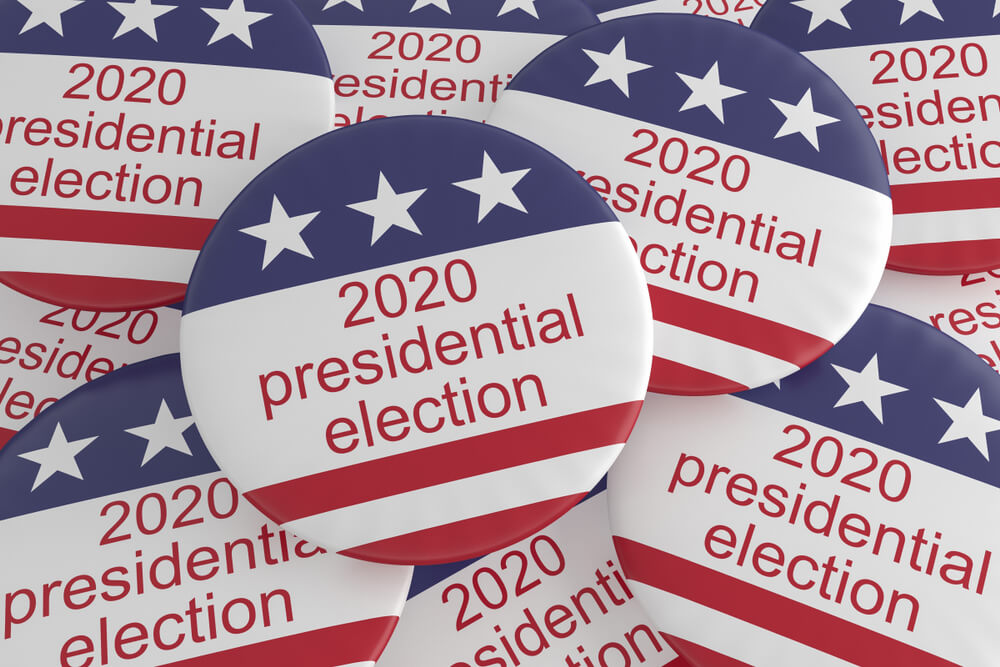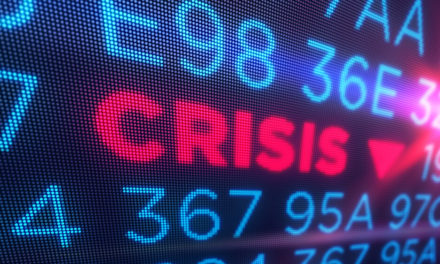“The economy, stupid,” former Bill Clinton strategist James Carville famously told campaign workers to focus on in 1992 during the lead-up to the election, an election Clinton won after honing in on a recession that began under then-President George H.W. Bush.
But, according to a new CNBC and SurveyMonkey poll, it’s not the economy people are most focused on heading into what is likely to be a hotly contested 2020 election against incumbent President Donald Trump — whom people either love or love to hate.
In fact, 61% of those surveyed say the 2020 election will be about issues outside the economy.
“Among the general public, a plurality (44%) say they are better off financially than they were in 2016, the final year of Barack Obama’s administration,” the survey says. “These numbers are particularly bolstered by Republicans, 66% of whom say they are better off now than in 2016. Among Democrats, 41% say they are about the same financially as in 2016, while 32% say they are worse off and 27% say they are better off.”
The numbers are a bit of a surprise and potentially a bad sign for an incumbent president who will lean heavily on his economic numbers to win over voters who might not be so happy with his conduct, his Twitter account and the never-ending news cycle that follows his every word.
Perhaps an even bigger surprise is that of the 34% of Americans who say they will vote on the economy, not even a majority of those Republicans (42%) say it is their top issue for 2020. And that number falls to 27% among Democrats.
Amid the lowest unemployment numbers in a half-century, about 24% of respondents said jobs and the economy are what “matters the most” to them, which was No. 1 among all responses. Health care (21%), immigration (15%) and the environment (13%) were the other top issues in double figures, percentage-wise.

Just two demographics didn’t list jobs and the economy as the top issue and one was the youngest of voting Americans, ages 18 to 24. That group listed the environment as their top priority when picking a candidate. The second group was the oldest Americans, ages 65 and up, who had two subjects tied at the top. About 21% of these respondents voted health care as their top priority, and another 21% voted immigration.
“We’ve had such a great economy and it’s been great for a long time. So until it changes, people won’t have a reason to think or see things differently,” SurveyMonkey senior research scientist Laura Wronski told CNBC.
According to Carson Wealth Managing Director Paul West, while jobs and the economy will be the most important things at the end of the day, intense political partisanship will play a factor come election time.
“Jobs and the economy are the most relevant things for people at the end of the day,” he said. “It puts food on the table and keeps the rent paid and lights on, but this is the most emotionally charged election that we maybe have ever seen.”
The survey was conducted Oct. 21-25 with SurveyMonkey’s U.S. Census Bureau data-based platform. There were 2,776 respondents 18 years old and up.
Other Key Takeaways
- Only two in 10 respondents and four in 10 Democrats said a Joe Biden, Elizabeth Warren or Bernie Sanders presidency would make them more hopeful about their financial situation than if Trump were to win a second term
- A majority of Republicans say impeachment will have a negative effect on the economy, while half of Democrats say it will have a positive effect on the economy, and 43% of Independents say it will have no impact
- A majority of the public (65%) say a recession is likely in the next year, and nearly half (47%) of those respondents say they’re paying down debt or cutting household spending (45%), and more than a third (34%) say they’re putting money into an emergency fund




